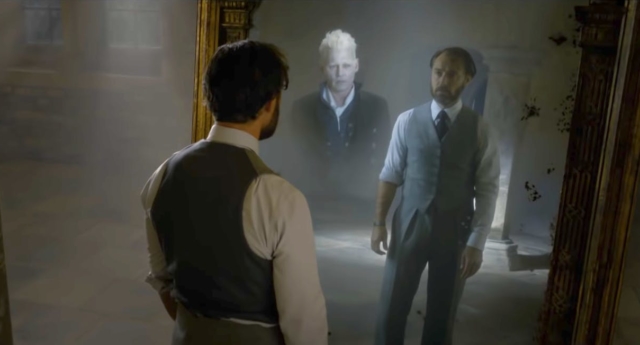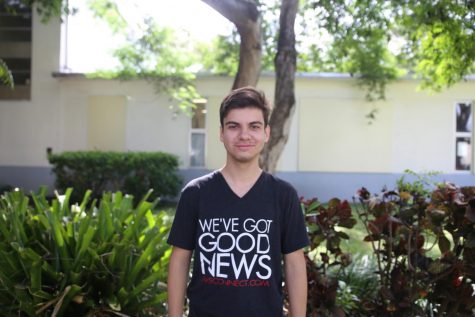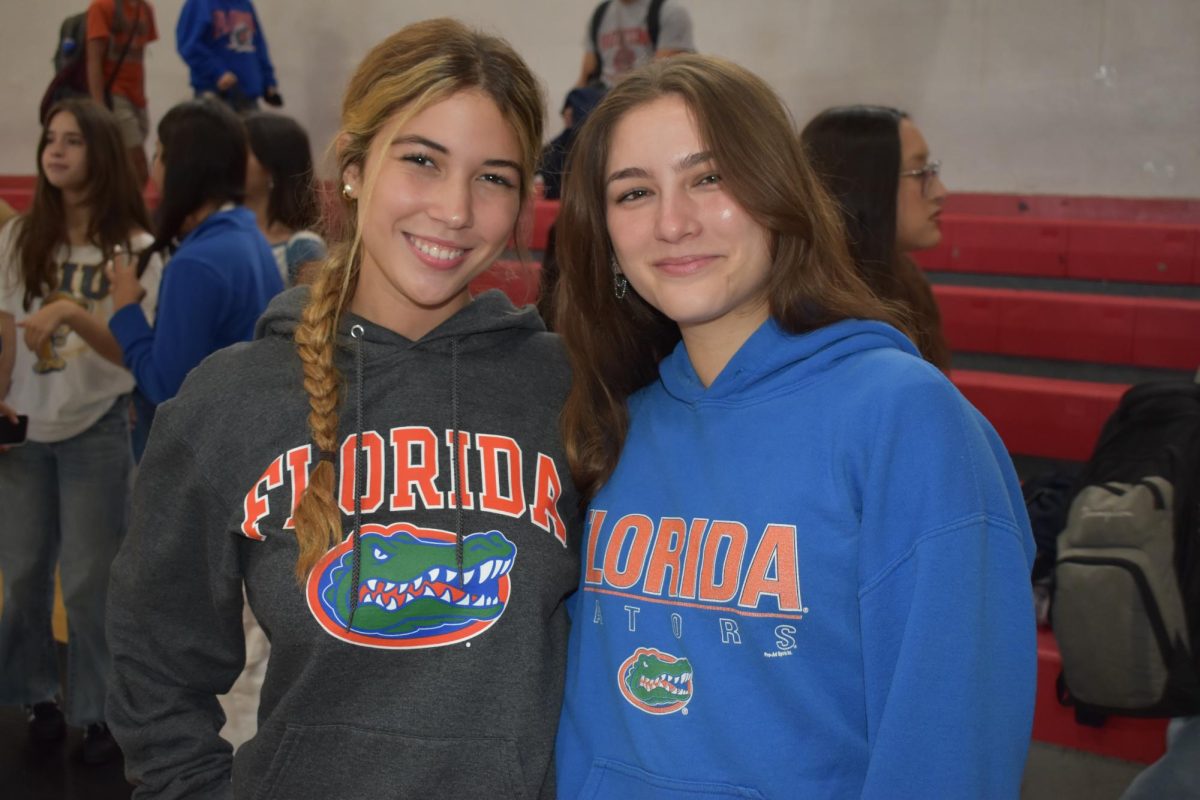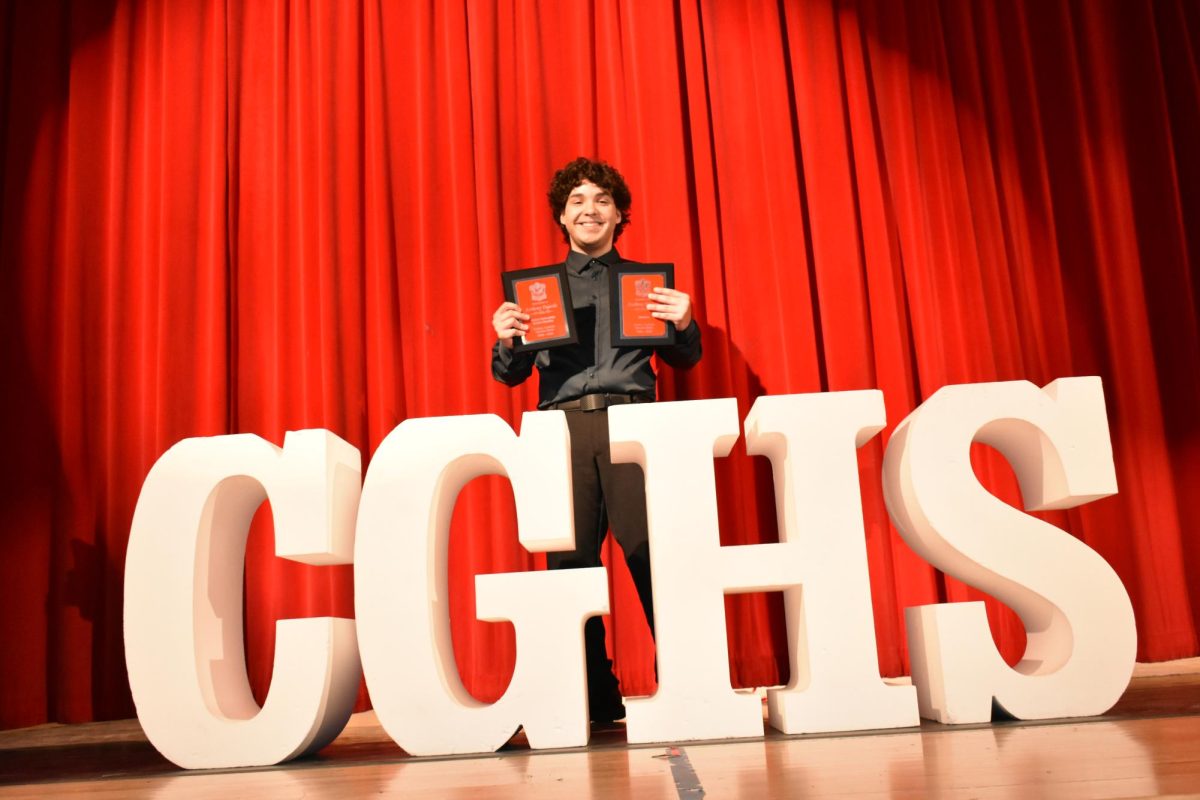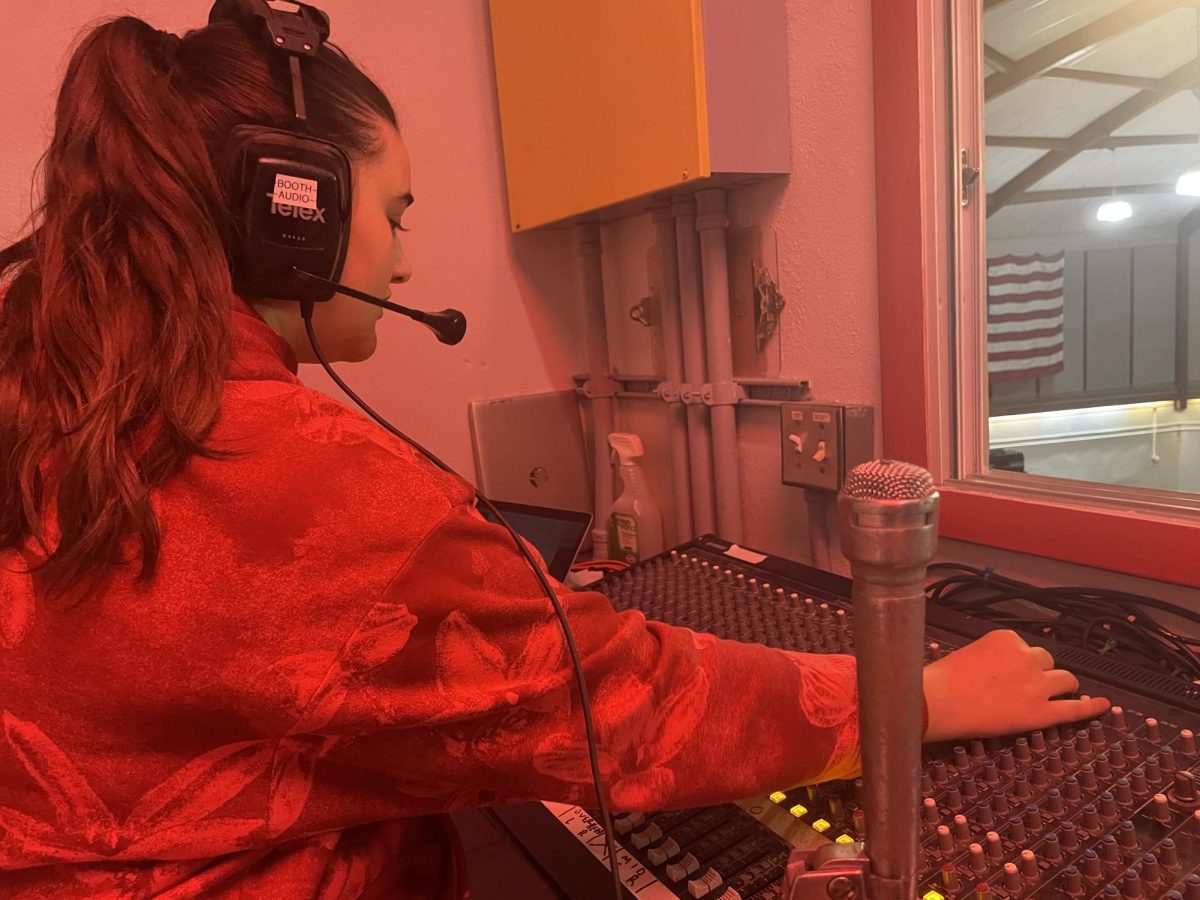J.K. Rowling’s Latest Character Update
Dumbledore and Grindelwald were recently disclosed to have been in love, author J.K. Rowling said in an interview.
Apr 6, 2019
The Harry Potter franchise is one of the most successful book and film series of all time, catapulting its creator J.K. Rowling into global fame. Her social influence is nearly unmatched by other authors, both through the decade-old characters from the series and Rowling’s own social commentary. Rowling is an active member of the left in both British and American politics and has garnered much attention and respect for some of her stances, while others have stirred controversy. Politics aside, Rowling is known for retroactively adding traits and storylines to her characters. Most notably, she stated in 2007 that Albus Dumbledore, the famous Headmaster of Hogwarts, is gay. She received backlash 12 years ago over the comment for not actually having any writing or scripting to reinforce the claim. If one of the most important and recognizable characters in the book were gay in a time when stigma was rampant, would it not have made more sense to write that into the book rather than mention it years after release? The statement felt lazy and looked like an attempt to manufacture some good publicity for herself.
“I think it would have been nice for a lot of young children to see such a beloved character as Dumbledore be gay while they were reading the books and see some trace of that in the text,” senior Angelle Garcia said.
Following the release of the Harry Potter spin-off, “Fantastic Beasts: The Crimes of Grindelwald,” Rowling doubled down on her previous remarks on Dumbledore’s sexuality. In an interview featured on the Blu Ray version of the film, she stated that the relationship between Dumbledore and the antagonist of the latest film, Gillert Grindelwald, was intense and one full of love. Once again, Rowling has made her characters gay after the writing and release of the script, with absolutely no trace of a sexual relationship between the two in the film. What is Rowling trying to do with these retroactive remarks? It once again looks lazy and can almost be seen as an attempt to pander to the LGBTQ community. This attempt is also accompanied by the assumption that the community has no ability to see context and, thankfully, Rowling errs on this assumption.
Rowling is not egocentric. She is not desperate for fame or money. Her attribution of homosexuality to Dumbledore is not homophobic. Much of the backlash surrounding her interview is exaggerated. Rowling’s intent in these rather frequent retroactive comments seems to be more geared towards enhancing the plot of the stories. In the interview featured on the “Fantastic Beasts: The Crimes of Grindelwald” Blu Ray disc, she used the relationship between Dumbledore and Grindelwald to highlight the betrayal felt when the latter turned to dark magic. Even then, if her intention was to influence plot in some way, why not put it in the script? It makes little sense for Rowling to disclose this information in such a nondescript way, essentially making it better to never have revealed it at all.


